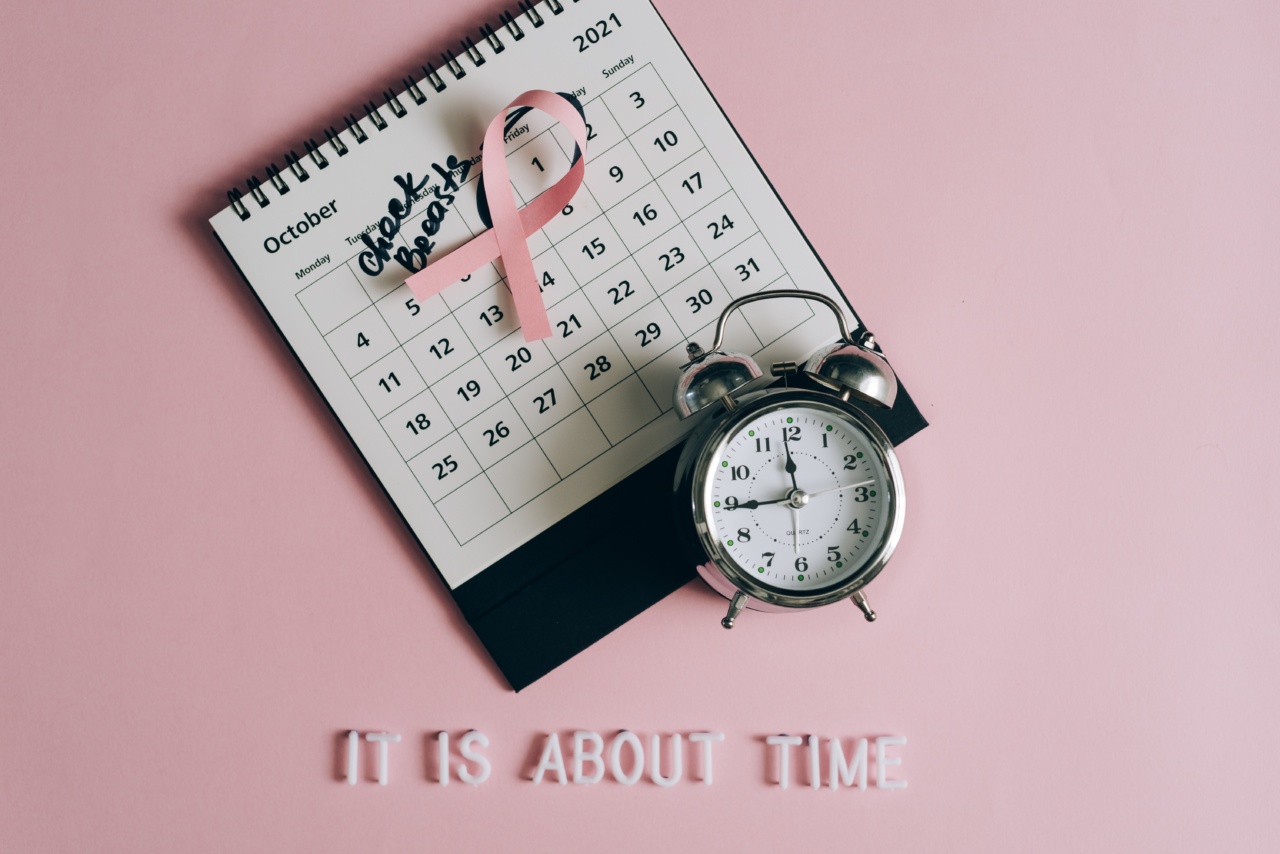Palpitations in the breast is a common concern among many women. When you feel a sudden fluttering, raciness, or skipping sensation in your chest, it’s natural to worry about the cause.
It’s important to understand when you should be concerned about palpitations in your breast and what can be done to address the issue.
What are breast palpitations?
Breast palpitations are sensations of fluttering, a skipped beat, or heart racing. Although often felt in the chest, palpitations in the breast can also occur as an unusual sensation in one or both breasts.
Palpitations can feel like noticeable beats, missed beats, or flips in the chest that can vary in frequency or intensity.
What causes breast palpitations?
Breast palpitations can have several causes, including hormonal changes, stress, heart disease, medications, and lifestyle factors such as caffeine or tobacco use.
Hormonal changes in women during the menstrual cycle, menopause, or pregnancy can cause palpitations. In addition, stress, anxiety, and panic attacks can also trigger breast palpitations. Certain medications such as decongestants, asthma drugs, and some heart medications can cause breast palpitations.
Consuming too much caffeine, tobacco, or alcohol can also cause breast palpitations.
When should you be concerned about breast palpitations?
Depending on the underlying cause of breast palpitations, they may be a harmless sensation. Nevertheless, there are some instances when you should be concerned and consult a medical professional if you experience breast palpitations.
If the palpitations affect your daily life and activities, cause lightheadedness, dizziness, or fainting, or last more than 30 seconds, you should seek medical attention. In addition, if you experience chest pain, shortness of breath, or sharp pain in one or both breasts, you should consult your doctor immediately.
How are breast palpitations diagnosed?
To determine the underlying cause of breast palpitations, your doctor may carry out several diagnostic tests, including an electrocardiogram (ECG) to assess your heart activity, a Holter monitoring to monitor your heart’s rhythm and rate, and an echocardiogram to identify any issues with your heart’s structure. In addition, your doctor may ask for a blood test to check for thyroid issues, anemia, or other factors that may cause palpitations.
What are treatment options for breast palpitations?
Treatment for breast palpitations depends on the underlying cause. If the palpitations are caused by stress, anxiety, or lifestyle factors such as caffeine, tobacco, or alcohol consumption, making lifestyle changes may help alleviate the symptoms.
In some instances, anti-anxiety or beta-blocker medication may be prescribed. If the palpitations are caused by an underlying heart condition, your doctor may recommend medication, surgery, or implantation of a device to regulate your heart’s rhythm and rate.
What can you do to prevent breast palpitations?
To prevent breast palpitations, it’s essential to develop a healthy lifestyle that includes regular exercise, balanced diet, reducing caffeine, tobacco, and alcohol consumption.
Additionally, managing stress, incorporating relaxation techniques such as mindfulness or meditation, and getting sufficient sleep can help alleviate palpitations.
The bottom line
Breast palpitations can be a concerning experience for many women. However, in most cases, they are harmless and do not require medical intervention.
Nevertheless, it’s essential to understand when to be concerned and seek medical attention if the palpitations cause severe symptoms. Making lifestyle changes such as managing stress, reducing caffeine and tobacco consumption, and getting sufficient sleep can help prevent breast palpitations in some instances.
Talk to your doctor if you have any concerns about palpitations in your breast.































